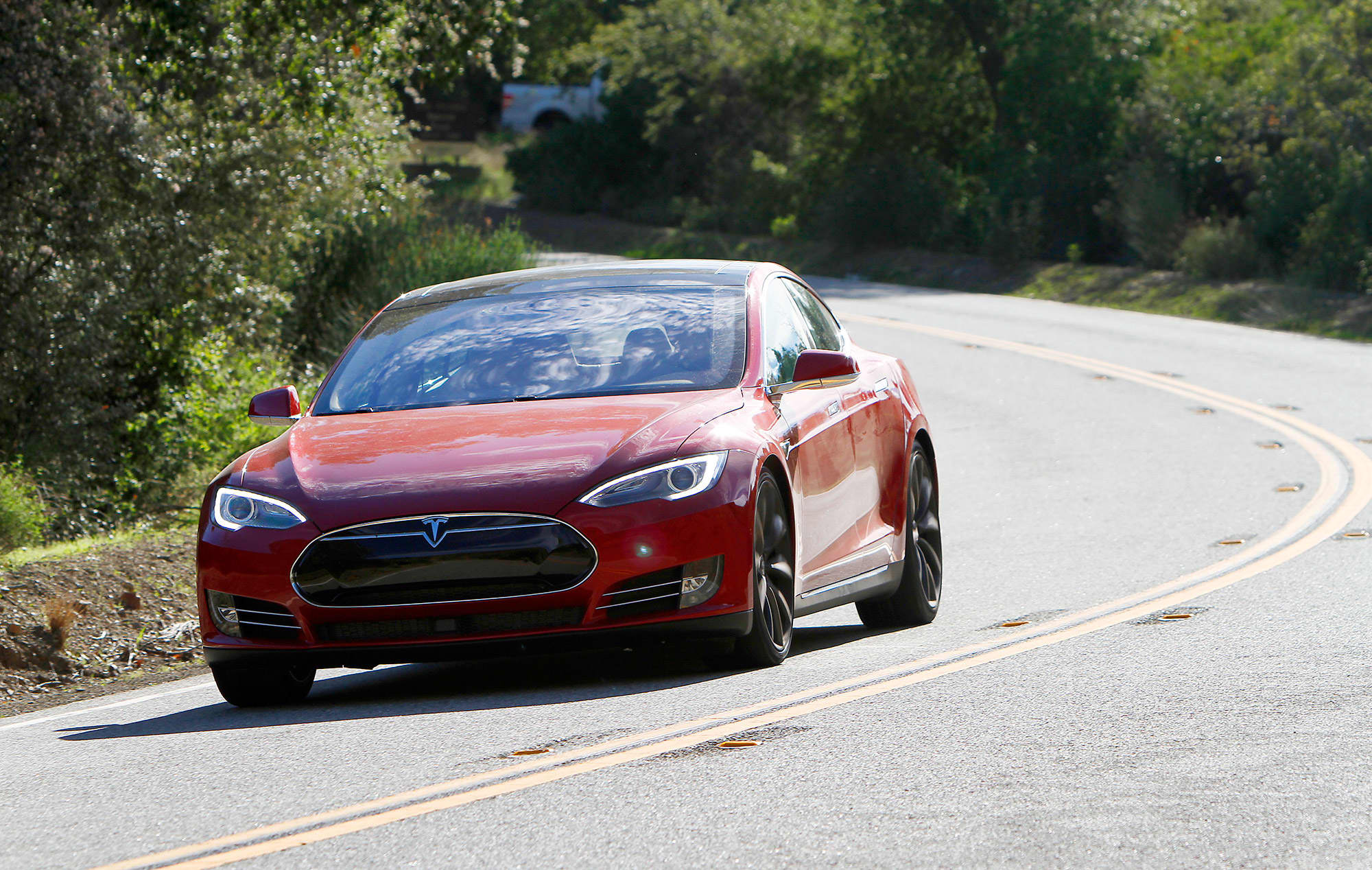
The Tesla Model S P100D
Mack Hogan | CNBC
Some Tesla owners could get $625 each to settle claims that an over-the-air update, pushed to their Model S electric sedans in May 2019, reduced their battery’s charging speed, maximum capacity and range temporarily.
According to documents filed with a U.S. District Court in San Francisco, and obtained by CNBC, the proposed settlement would have Tesla paying $1.5 million into a fund that would pay owners for the reduced vehicle performance they experienced due to battery throttling, and would cover the plaintiffs’ attorney fees and costs.
Reuters first reported on the new filings in the class action, David Rasmussen v. Tesla Inc.
According to the filings, 1,743 Tesla Model S owners were impacted by the software update.
In May 2019, Tesla was facing negative publicity after one of its Model S vehicles caught fire in Hong Kong. Tesla issued a statement at the time, saying:
“Out of an abundance of caution, we are revising charge and thermal management settings on Model S and Model X vehicles via an over-the-air software update that will begin rolling out today, to help further protect the battery and improve battery longevity.”
A Model S owner who had been carefully tracking his battery’s performance over time, David Rasmussen, complained to the court in August 2019 after that software update.
By October 2019, Tesla and the owners moved to try to reach a settlement agreement and attorneys stayed the litigation. Tesla rolled out another software update in March 2020 to restore impacted owners’ batteries to their maximum voltage over time as they drove their Teslas.
The court filings this week say that 1,552 of the affected Tesla Model S sedans have already seen their batteries’ voltage fully restored, and 57 received full battery replacements. Other Tesla owners who experienced battery throttling should see their Model S’s maximum voltage restored as they continue to drive the cars.
As part of the proposed settlement, Tesla would also have to “maintain diagnostic software for in-warranty vehicles to notify owners and lessees of vehicles that Tesla determines may need battery service or repair for certain battery issues.”
The owners in the class include U.S. residents who owned or leased a Tesla Model S experiencing the battery limitations due to Tesla’s over-the-air update in May 2019. A hearing to finalize the proposed settlement is scheduled for Dec. 9, 2021.
Tesla owners were represented by Lieff Cabraser Heimann & Bernstein, along with Ed Chen’s YK Law. Attorneys fees amount to about 25% of the settlement funds. They have proposed that Angeion Group serve as settlement administrator.
Tesla did not respond to a request for comment.




